- About Us
- Personal Certification
- Consultancy
- Certifications
quality management system
environment management system
occupational health and safety management system
food safety management system
Event Management System
Information Technology
Corporate Social Responsibility
Energy Management System
Customer contact centres

- Contact Us
- FAQs
Governance, Risk, and Compliance (GRC)
Governance, Risk, and Compliance GRC
Consultancy Services
Governance, Risk, and Compliance (GRC) consultancy services are designed to help organizations manage and optimize their operations in a way that aligns with industry regulations, standards, and best practices. GRC encompasses the integrated approach to an organization's governance, risk management, and compliance activities. Here's an overview of what GRC consultancy services typically entail.
Governance, Risk, and Compliance (GRC) is a framework that organizations use to align their business activities with their strategic goals, manage risk effectively, and ensure compliance with various regulations and standards. Here’s a breakdown of the three components within the GRC framework:
Governance:
- Definition: Governance refers to the system of rules, practices, and processes by which an organization is directed and controlled.
- Objective: The primary goal of governance is to ensure that the organization operates in a manner that is consistent with its mission and objectives.
- Components: Governance involves establishing a clear decision-making structure, defining roles and responsibilities, and providing oversight to ensure accountability.
Risk Management:
- Definition: Risk management involves the identification, assessment, and mitigation of risks that may affect the achievement of organizational goals.
- Objective: The aim of risk management is to minimize potential negative impacts on the organization and enhance its ability to seize opportunities.
- Components: Risk management includes processes for risk identification, risk assessment, risk mitigation, and ongoing monitoring of risks.
Compliance:
- Definition: Compliance refers to the adherence to laws, regulations, standards, and internal policies relevant to the organization’s operations.
- Objective: The objective of compliance is to ensure that the organization conducts its activities ethically, legally, and in accordance with established guidelines.
- Components: Compliance activities involve understanding applicable regulations, creating and implementing policies, conducting audits, and reporting on adherence to regulatory requirements.
“Allied Consultancts” offering Governance, Risk, and Compliance (GRC) services, the specific services they provide may vary based on their expertise, industry focus, and the needs of their clients. Here’s a generalized list of potential GRC services that Allied Consultancy might offer
GRC Program Development:
- Assisting organizations in establishing and enhancing their GRC programs.
- Developing customized governance structures, policies, and procedures.
Risk Management Services:
- Conducting risk assessments to identify and evaluate potential risks.
- Creating risk mitigation strategies and action plans.
- Implementing risk monitoring and reporting mechanisms.
Compliance Services:
- Ensuring compliance with relevant laws, regulations, and industry standards.
- Conducting compliance audits to assess adherence to internal policies and external regulations.
- Assisting with compliance reporting and documentation.
Policy Development and Implementation:
- Crafting policies tailored to meet regulatory requirements and organizational needs.
- Assisting in the implementation and communication of policies throughout the organization.
Technology Solutions:
- Implementing GRC software solutions to automate and streamline processes.
- Advising on cybersecurity measures to protect sensitive information.
Training and Awareness Programs:
- Providing training sessions for employees on GRC principles and practices.
- Conducting awareness campaigns to foster a culture of compliance and risk awareness.
Regulatory Advisory Services:
- Offering guidance on the interpretation and application of specific regulations affecting the industry.
- Keeping clients informed about changes in regulatory landscapes.
Board Governance Support:
- Assisting boards in establishing effective governance structures and practices.
- Providing governance training for board members.
Continuous Improvement Initiatives:
- Monitoring and evaluating the effectiveness of GRC programs.
- Implementing continuous improvement initiatives based on evolving business and regulatory environments.
Ethics and Integrity Consulting:
- Advising on ethical business practices and integrity programs.
- Developing mechanisms for reporting and addressing ethical concerns.
universally recognized GRC (Governance, Risk, and Compliance) certification specifically designed for companies as a whole. However, organizations can seek certifications related to specific aspects of GRC, such as information security, risk management, and compliance. Additionally, companies may undergo assessments or audits based on relevant standards and frameworks. Here are some certifications and assessments that organizations often consider:
ISO Certification
ISO 27001 - Information Security Management System (ISMS): Certification for information security management. ISO 31000 - Risk Management: Provides a framework for implementing and managing risk. ISO 19600 - Compliance Management System: Focused on establishing and maintaining an effective compliance management system.
SOC (Service Organization Control) Reports:
SOC 2: Focuses on the security, availability, processing integrity, confidentiality, and privacy of information. SOC 3: Similar to SOC 2 but provides a general-use report.
PCI DSS (Payment Card Industry Data Security Standard):
Certification ensuring the secure handling of credit card information.
COSO (Committee of Sponsoring Organizations) Frameworks:
COSO Enterprise Risk Management (ERM) Framework: Helps organizations implement and improve enterprise risk management. COSO Internal Control Framework: Focuses on internal controls over financial reporting
NIST Cybersecurity Framework:
A voluntary framework providing guidance on managing and reducing cybersecurity risk.
OCEG (Open Compliance & Ethics Group):
GRC Capability Model: A framework for developing and enhancing GRC capabilities within an organization.
BSI Cybersecurity and Information Resilience (CSIR) Certification:
Includes certifications such as Cybersecurity Framework (CSF) Certification and ISO 27001 Certification.
ITIL (Information Technology Infrastructure Library):
A set of practices for IT service management.
GDPR (General Data Protection Regulation) Compliance:
Organizations handling the personal data of EU citizens may seek certification or conduct assessments to ensure GDPR compliance.
CMMI (Capability Maturity Model Integration):
Provides a framework for process improvement in various areas, including governance and risk management.
The above-mentioned standards are the requirements of GRC however; it depends on the business scope of the organization that which requirements to be implemented. Feel free to contact us


